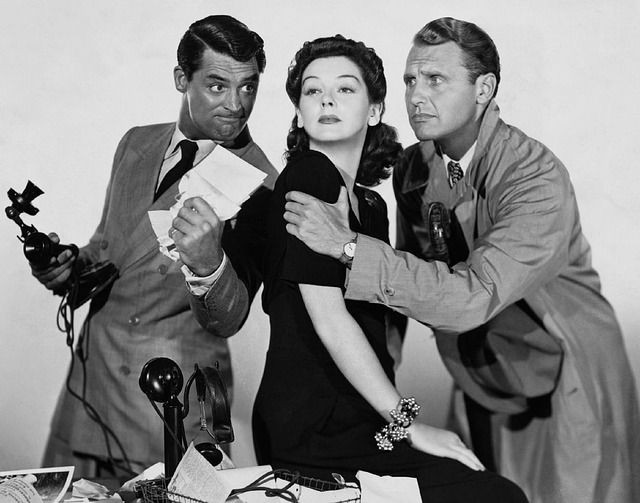The Sex Partner That Women Don't Want: Stressed-Out Men Appear Less Attractive, Suitable For Reproduction

Women are all looking for different things in a relationship, whether it's casual or committed. When it comes to sex, most will agree they want a man who is confident, dominant, and doesn't cave under pressure. Moreover, women find men who've experienced stress in adolescence, and became submissive as an adult, are less attractive and less suitable sex partners, according to a recent study published in Hormones and Behavior.
"Basically a female rat can identify who are dominant animals and who has been stressed during adolescence, and she will go toward the male that reacted the best to the stressor by being dominant in his cage," said Nicole Cameron, study author, and an assistant professor of psychology at Binghamton University, State University of New York, in a statement.
Read: Stress Makes Women Less Attractive To The Opposite Sex
Researchers from Binghamton University and Brock University in Ontario, Canada found a male rat that was stressed during adolescence, and is submissive, is a "loser" because the female rat will not choose him. However, if the male experienced stress during childhood, but then became dominant, the female would more likely choose him compared to the control male that didn't suffer stress.
"But animals that suffer stress and became a submissive animal, that makes him a double loser, and the female will not spend time with him," said Cameron.
To examine how social history influenced rats' sexual preferences, a group of male rats were subjected to social stress during adolescence, forcing the rats to change cage-partners regularly and establish their dominance in a group over and over. A female rat was placed into a mating chamber, after the rats reached their childbearing years, with one male who was stressed out during adolescence and one who wasn't stressed. This was done with dominant and for subordinate rats separately.
Overall, if the rats overcame their stresses, they had better odds to be with the female rat.
However, female rats preferred unstressed rats who exerted more dominance than their submissive counterparts.
The male's experience with stress does have long-lasting effects that are transferable to dating, and sexual behavior. Females are capable of identifying these males, and see which one is subordinate, and which is dominant. This allows the female to choose between the two of them.
Cameron believes these results could lead to a better understanding of the effects of environmental stress on human reproduction.
Read: What Type Of Men Most Women Prefer, According To Science
"I think that this study is translational because it can lead us to a better understanding of the reproductive axis functions in mammals, including humans," she said.
A similar 2015 study published in Proceedings of the Royal Society B found stress levels influence how attractive we appear to be. A diminishment in attractiveness was linked to cortisol, which increases the amount of glucose in the body, while also inhibiting muscle and bone growth. This makes people appear less healthy, and therefore less physically attractive. The researchers did not identify specific cues to stress in the face, but they believe it comes down to how "healthy" someone looks. Overall, men who can handle stressful situations appear instantly more attractive to women.
These studies suggest the link between low stress levels in males and high attractiveness is because women see this as an ability to easily adapt to stressful situations. This translates to better suitability for a partner, and their ability to pass on these genes to future offspring.
Cameron and her colleagues want to look at animals that have received a low level of maternal care, and then additionally give them social stress, and find out what is going to happen to those animals later in life. She doesn’t just want to explore this on a reproductive level, Cameron also wants to seek how this affects animals and humans in terms of learning and memory.
It's inevitable; some early childhood experiences do shape adult life, and affect our relationships with others.
Source: McCormick CM, Cameron NM, Thompson MA et al. The sexual preference of female rats is influenced by males' adolescent social stress history and social status. Hormones and Behavior. 2017.
See Also:



























